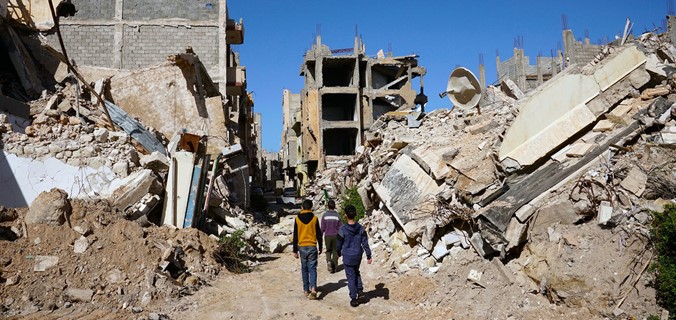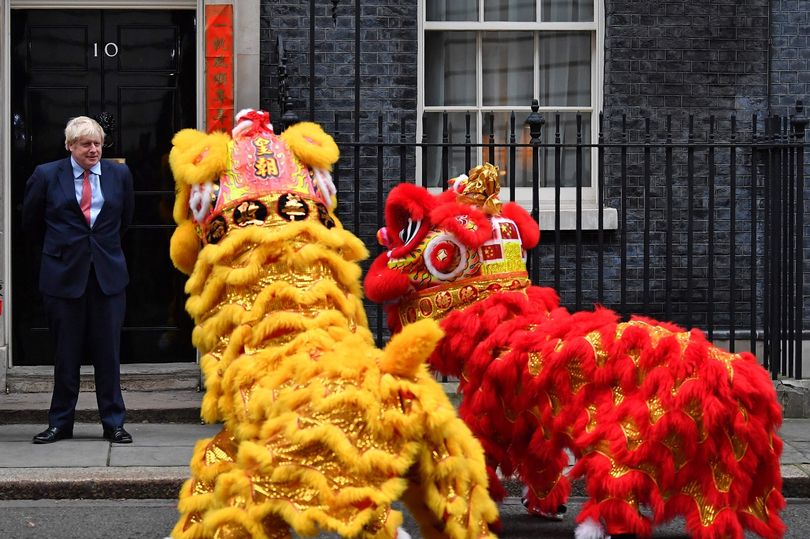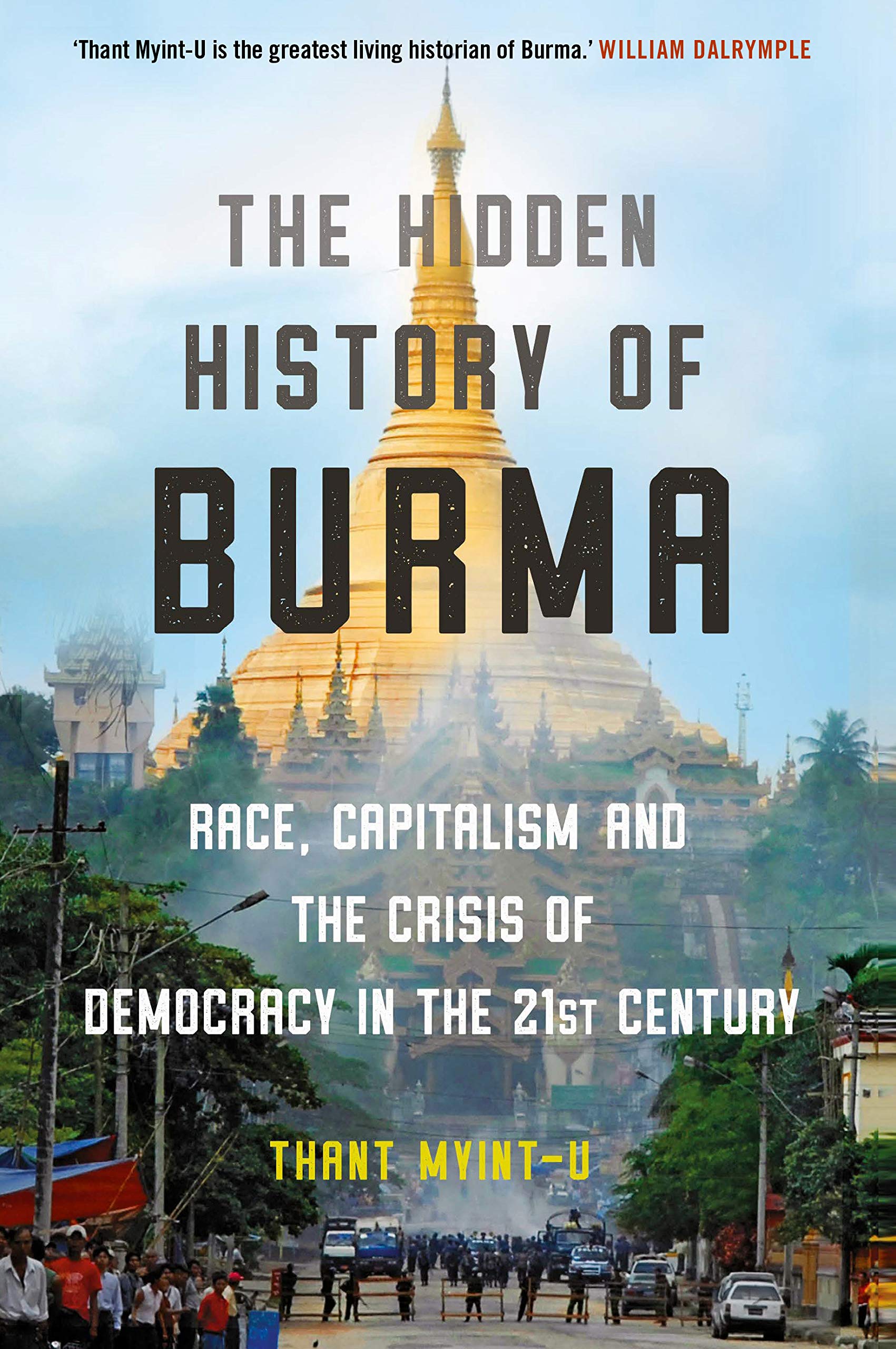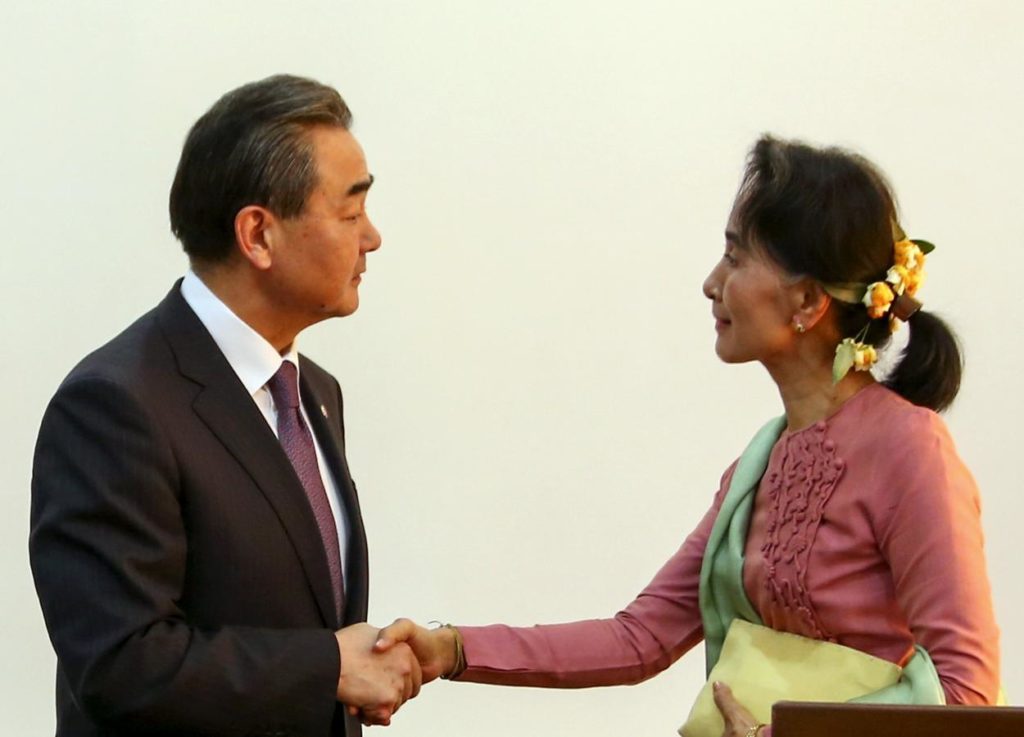by Anna Tan

The post-Cold War notion of liberal democracy’s ultimate victory, demonstrated by the fall of the Soviet Union in 1991, ought to be jettisoned. Francis Fukuyama famously described this perception as the ‘the triumph of the West, [demonstrating the] total exhaustion of viable systematic alternatives to Western liberalism’. Scholarly circles since long discarded this end of history thesis, which proposes a romantic vision of the post-Cold War world order. Fukuyama himself would later lament the over-optimism of his theory, which to many announced the end of ideological conflict. Far from mundane, the present nature of international relations should put an end to the mistaken, yet enduring perception of democracy versus authoritarianism. With the US bogged down in endless wars, as well as the Anglo-Saxon loss of influence in international institutions suggest a comfortable that begets confronting. With the liberal West far from winning, the question can be asked: does the promotion of democracy always lead to peace?
If the liberal system of alliances and diplomacy is to be reinvigorated, lessons from the past decades of interventionism urgently require acknowledging. Policymakers, however, seem keen on perpetuating the end of history in their approaches towards fragile states and repressive regimes. This normative belief in authoritarianism’s ultimate decay and democracy’s eventual victory stands in stark contrast with the world of 2020. A global pandemic, which, in turn, is spurring on the biggest economic free-fall since the Great Depression is but one of the headaches. A willingly contracting American diplomacy and the rise of nationalist forces across the globe, two others. It seems clear: the coherence of the liberal democratic alliance is tearing at its seams.
Indeed, the endurance of Fukuyama’s thesis is not to be underestimated in the modern history of US diplomacy and its alliances in the West. However, already at the turn of the century, important lessons became available on the state of the world and liberal democracy’s role therein. The ramifications of the Iraq War on international peace and security, it can be argued, are reverberating to this day. The successful overthrow of Saddam Hussein, combined with the failure to end tyranny in the country stands in stark contrast with earlier, presumably success stories including the collapse of South Africa’s Apartheid regime in the 1990s, Tunisia during the 2011 Arab Springs, and Myanmar’s rather short-lived détente with the Anglosphere in 2012.
The David-and-Goliath kind of euphoria and spectacle that tends to ensue with civil resistance against regime change, nevertheless, does not lead policymakers to reassert their prior assumptions about the nature of such conflicts. Instead, the US-led interventionism of the liberal West is strengthened by the belief in democracy’s impending win. Violence, then, becomes an unfortunate yet unavoidable means to this end. Even fewer questions are asked about the underlying contexts of liberal democracy’s failure in the aftermath of the Arab Springs and in Myanmar’s stalled transition towards democracy. Instead, countries imploded in a wave of mass atrocities and civil strife.
In the case of Myanmar, the ‘end of history’ thesis continues to emanate strongly in the universal embrace of diplomatic ostracism towards the country (and to the figure of Aung San Suu Kyi herself) as a means to heal its complex problems, not just within bilateral diplomatic circles and multilateral institutions, but also within the global advocacy groups. Indeed, democratisation continues to be perceived as a panacea for all kinds of a state’s ailments. Mike Rann, former Premier of Southern Australia, poignantly reflected on this situation as follows:
In retrospect the West’s view [on Myanmar] was as naïve as its view that the so-called Arab Spring and toppling tyrants like Gaddafi in Libya would see the spontaneous emergence of democracy, embrace of human rights and the independent rule of law. Instead, in Libya, we saw the re-emergence of tribalism and militias and civil war.
Such a conclusion is echoed by Pauline Baker, former President Emeritus of The Fund for Peace, who similarly argued against the ‘end of history’ for the implementation of free and fair elections tends to bypass larger complexities in state-building. Indeed, the rather infelicitous outcomes entailing short-lived democratisation processes in the Middle East as well as across several African states overlooks the entrenched lack of historical experience in human rights and democratic governance in societies that are of concern. It overlooks legitimacy gaps, the marginalisation of old elites, ethnoreligious compositions, and grievances associated with identities thereof. Baker contends:
In truth, the biggest danger facing fragile states in transition is not the rise of new dictatorship, as is often assumed… but the larger threats are civil war, state collapse, mass atrocities, humanitarian emergencies, and a possible break-up of the country.
Baker’s concerns were a premonition to contemporary Myanmar. In the present day, the country saw worsened peripheral civil wars that had been raging since its independence from the British in 1947 but have also checked more boxes of the tribulations as described in Baker’s proposition. In Myanmar, democratisation was at siege concurrently. Miracle cases of democracy such as Botswana offer but little insight into the enduring failure of the ideology to spread in other parts of the world, particularly where state institutions are fragile. Moreover, Botswana remains an electoral, procedural democracy (on the basis of democratic processes and legitimacy) propped up by the country’s elite, rather than a substantial one (which would be more inclusive and allow plurality). The case of Myanmar is again illustrative: while it underwent a certain degree of democratisation, to call it a procedural one to such state would be an overstatement.
Usefully, Pauline Baker stresses the importance of institutional building in fragile states and the need for inclusive approaches towards democratisation in those states. Baker holds that: ‘if former war-lords and powerbrokers want to move from the battlefield to the ballot box, they should be allowed to do so, provided they give up their arms and refrain from keeping private armies in reserve in case they lose elections.’ The emergence of newfound fundamental freedoms means at least some level of stability that had been formerly achieved by the state through its monopoly of coercive force, yet also leaving a vacuum of state power at the same time. Without significant peacebuilding in place to replace that gap, which should involve disarmament, demobilisation and reintegration (DDR) of combatants; it should be clear that democratisation during an entrenched armed conflict often further weakens already fragile states and pushes them closer towards state failure. As such, Baker argues, ‘although it may not be possible in all cases, [DDR] of armed militias should precede voting. Otherwise, the losing side, which has access to arms and fighters, can return to fighting if it does not like the electoral outcome.’
This stability vacuum is defined by scholars such as Charles T. Call as the “security gap.” Call here diverges from scholars at the Fund for Peace, contending that the universal conceptualisation of fragile states (as visible in the creation of Fragile States Index) perceives of institutional capacity-building as an oversimplified remedy to the troubles faced by such states. He purports that the traditional neoconservative but also neoliberal wings of US interventionism similarly overlook legitimacy gaps between new and old state actors and capacity gaps in state institutions. In Myanmar’s case for instance, what we ultimately missed is the contrast between the historical, cultural, and religious legitimacy of Aung San Suu Kyi and that of the former military junta which is widely considered by the population as illegitimate. This means that imposing international norms of democratic governance and human rights becomes much less effective as Western actors lack significant domestic public support for their policies.
This capacity gap is so visible, in fact, that Myanmar seems to show an increased state fragility than prior to democratisation. Civil war has become intractable than before as political liberation without proper state institutions in place. Capacity building, or state-building for that matter, is not a catch-all term for these problems, which are highly contextual. Call also rejects ostracism, the isolating reflex in human rights diplomacy, arguing that ‘the prescription to step away and withdraw from international engagement is just as likely to benefit these victimizers (usually repressive state actors) rather than their victims or their political opponents.’ In the case of mass atrocities, lack of historical diplomatic investment in principled engagement and coordination can result in foreign actors lacking sufficient political leverage in addressing early warning signs and ultimately granting repressive regimes the opportunity to draw away from observing international norms and human rights principles.
What Call’s argument misses, however, is that in the case of war-torn states and mass atrocities, the picture is not always as clear cut between civilian victims and state victimisers. Myanmar’s many insurgent groups are identity-based groupings whose activities also cost many lives of the very civilians they claim to represent. The more heterogeneous the population, the more convoluted the nature of conflict and prospects for peacebuilding.
Without understanding the context, the complexities of various civil conflicts will decide the viability of bringing peace and security by outsiders. Democratisation alone, thus, is not a cure to counteract state failure nor a harbinger of justice and prosperity for such countries. As such, the ultimate challenge for governments keen on promoting liberal democracy requires these complexities to be realistically assessed and feasibly taken into account during the crafting of foreign policy towards fragile states. Failing to do so risks throwing already fragile states down the cliff. Such results could further disrupt the liberal world order many strive to uphold. Rather than the end of history thesis, conventional diplomacy will benefit from greater creativity and innovation in its communications. We should find new ways to relay to repressive, fragile states, that international norms are in their interests and not a threat.
This article has been kindly reviewed by Professor Pauline Baker, former President Emeritus of Fund for Peace (1996-2010). It also builds on the author’s personal interview with HE Mike Rann, AC CNZM, Former Premier of Southern Australia (2002-2011) and former Australian Ambassador to Italy, Albania, Libya, and San Marino (2014-2016) held in London, 15 August 2020.
Anna Tan is a Programme Ambassador for the MSc Global Affairs, due to graduate with an overall First Class Honours (Distinction) from King’s College London. Her research is based at the Department of War Studies, focusing on Western human rights diplomacy vis-à-vis fragile and failing states. Anna has formerly worked for the American Red Cross, the United Nations Development Programme (UNDP), and The Policy Institute. She is also on the Programme Committee of the Conflict, Security and Development (CSD) Conference 2020. Her work has been featured in King’s College London’s School of Security Studies and elsewhere on Strife. Anna is a recipient of the Oxford University Press (OUP) award for 2019 upon graduation from her BSc in Neuroscience as Top 3 of the Faculty from the University of Leicester.





